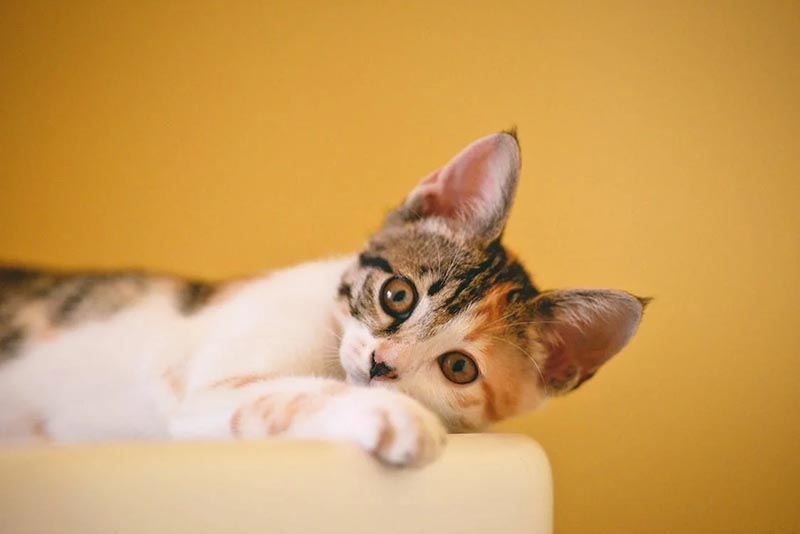Even animal lovers often overlook one of the most pressing problems in our communities – outdoor and feral cats. Outdoor domestic cats are recognized as one of the most dangerous threats to global biodiversity, responsible for the extinction of more native species than any other animal other than humans. The ecological dangers are so extreme that the International Union for Conservation of Nature lists cats among the worst non-native invasive species on the planet. Predation by domestic cats is the number-one direct, human-caused threat to birds across the planet, with outdoor cats killing approximately 2.4 billion birds every year.
Outdoor living can also be harmful to the cats themselves. In addition to injuries sustained from hunting and from fighting other cats, outdoor cats are at risk for injury on highways and roads and from humans. Cats can also suffer from health conditions that can be hard to spot in a cat that only “visits” and does not live within a home, including urinary blockage and other treatable conditions. Cats are also responsible for spreading diseases, including pink eye (Chlamydia), Ringworm infection, toxoplasmosis, and other diseases that affect humans.
There are ways to help…
The most effective way to help cats and the environment is to keep your cat indoors and not allow them to roam outside. Of course, this does not account for the millions of cats who wander free with or without owners. But you can help in a variety of ways:
 Locate the Owner
Locate the Owner
If you encounter a friendly stray cat, check for identification. This could be a collar, a tattoo, or a microchip. You may need to visit a veterinarian to check for a microchip, and be careful when handling an unknown cat – consider luring the cat into a carrier or trap with some food and taking it to a vet to find out if it is microchipped or tattooed. If you find out that the cat is owned, contact the owner and let them know that their cat is roaming.
Contact Shelters
If you have trapped a cat, contact your vet and local rescue shelters to find out if they can help file a report for a lost cat, or if they are willing to take on an unowned cat to help it find a permanent home. Check to see if the cat has a notched ear – the cat may have been trapped and rereleased previously.
Prevent Cat Breeding
Although it is not ideal and does not address the larger issue, if you cannot help a cat by finding it a home, consider TNR – tag, neuter, and release. Neutered and spayed animals cannot continue the breeding cycle that multiplies the stray cat problem in our area. If you cannot find a home for a cat and do not want to euthanize the animal, please consider TNR as a way to help minimize the number of feral animals in your area.
 Educate Others
Educate Others
A surprising number of cat owners and pet lovers are oblivious to the dangers of outdoor cats. Let others know what you know and help them to learn how to save cats and our planet! A great place to start is with the American Bird Conservancy – https://abcbirds.org/program/cats-indoors/cats-and-birds/. The more people understand the plight of the domestic cat, the easier it is to find support in the form of donations, outreach, and individual effort.
Start at Home
Cat rescue organizations are overrun – the problem is exponentially massive, and the resources available to help domestic and feral cats can only do so much. The effort of each individual pet owner and cat lover go a lot further than the efforts of any single rescue. Follow these guidelines:
- Spay or neuter your own cats, even if they are indoor cats, before they can reproduce.
- Get involved with local rescue organizations to help find homes, provide supplies, and trap feral and roaming cats.
- Volunteer to foster feral kittens and other cats who are transitioning from outdoor to indoor life.
- Fundraise for your local rescue organizations, donate, and organize adoption events for cats looking for homes.
We owe it to our cats and to the planet to make the effort and do all we can to help our feline friends!

